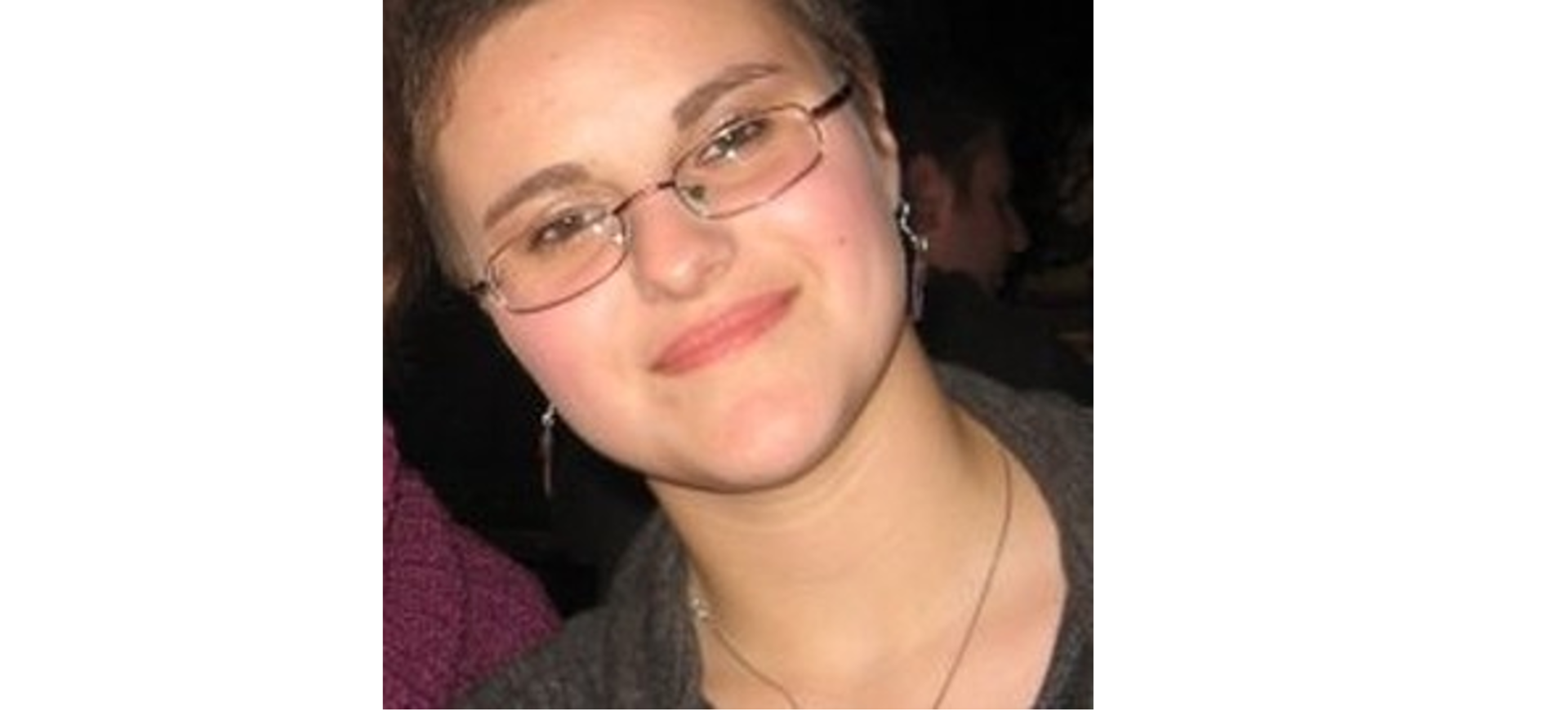Corrupted by Algorithms? How AI-generated and Human-written Advice Shape (Dis)honesty

- Date
- Tuesday 15 February 2022, 14:00-15:00
- Location
- Online - book below
- Speaker
- Dr Margarita Leib, University of Amsterdam (UvA)
Abstract
Although (dis)honesty is has been primarily studied in individual settings, it is often a social phenomenon. Indeed, people’s (dis)honesty is shaped by others, for instance by beneficiaries or victims of the (dis)honest act and by collaborators. Another social roles that people often take is in the form of advice givers. Increasingly, not only fellow humans but also machines take such social roles. Artificial Intelligence (AI) increasingly becomes an advisor, helping people to make decisions. New concerns arise if AI persuades people to break ethical rules. Employing a large-scale behavioral experiment (N=1,572), we study whether AI-generated advice affects people’s (un)ethical behavior and how it compares to human-written advice. We further test whether transparency about AI presence, a commonly proposed policy, changes behavior. After soliciting human-written advice, we trained the Natural-Language-Processing algorithm, GPT-2, to generate AI-advice. This advice promoted honesty or dishonesty. A separate sample of participants read the advice and completed a task in which they could lie for profit. Testing human behavior in reaction to actual AI outputs, we find that (i) dishonesty-promoting AI-advice increases dishonesty, while honesty-promoting AI-advice does not increase honesty; (ii) AI-advice is as persuasive as human-written advice; and (iii) transparency does not alleviate the corruptive influence of AI. Our findings mark a key step towards managing AI responsibly.
The Speaker
Dr Margarita Leib is a post-doc at the CREED, the Center for Research in Experimental Economics and Political Decision Making, in the University of Amsterdam. She studies the psychological factors influencing ethical decision making, focusing on how the presence of others – as norm setters, advice givers, and collaboration partners, shape ethical decisions.
